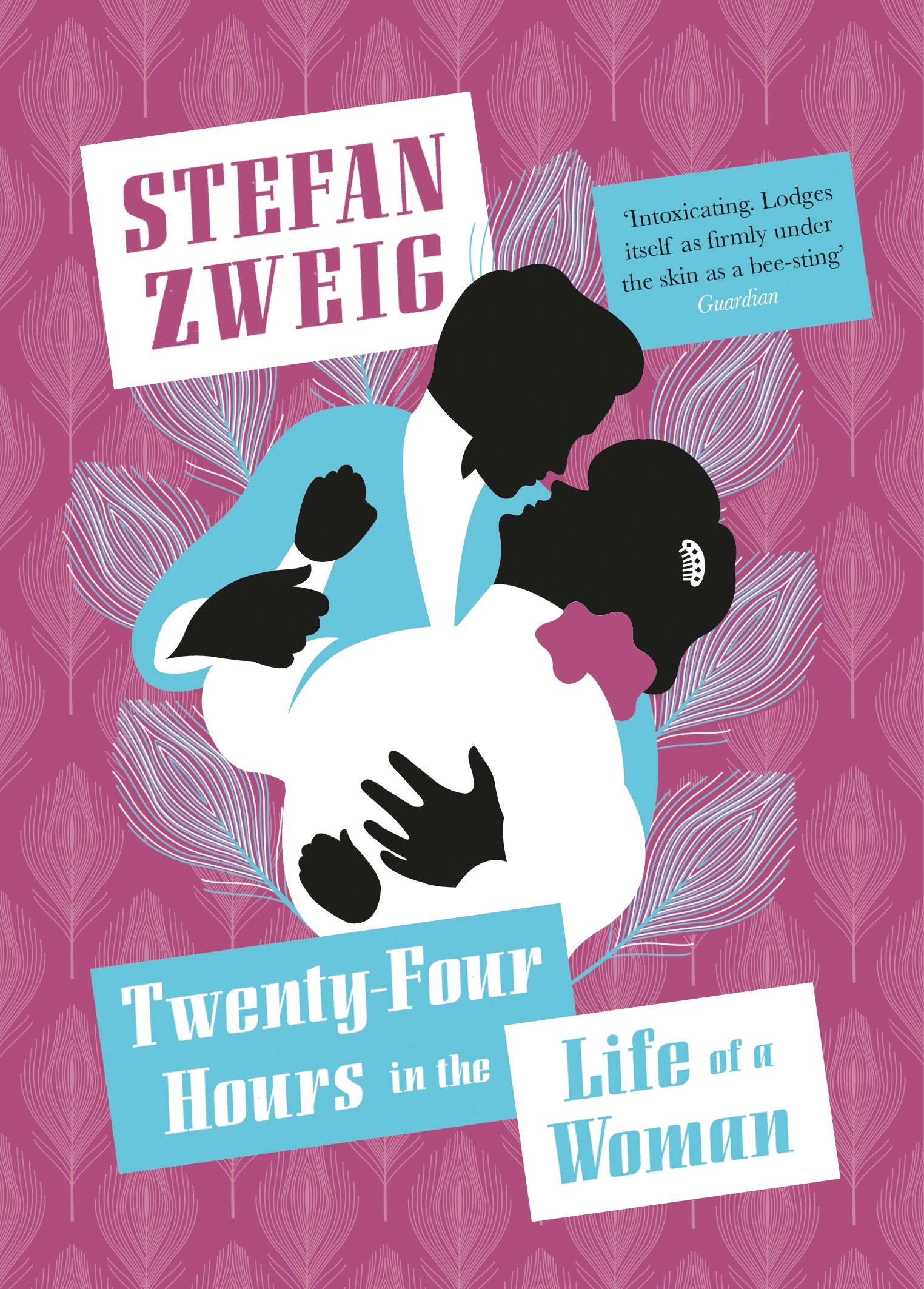Twenty-Four Hours in the Life of a Woman by Stefan Zweig is a small but mighty novella.
To a certain extent, it is intriguing and even touching. Intriguing because, as the story within the story unfolds and develops, so do our curiosities and feelings towards the two main characters of the book and their lives. Touching, because the elegantly devised novella and setting, draws the reader towards examining the perplex shadows within people’s characters, psychological themes and societal issues.
It tells the story of an English widow recalling to the book’s narrator, an episode in her life that took place years back, within the space of a single day.
The English widow, shares that she had once been taken with a young Polish aristocrat she had observed in the Monte Carlo casino, who seemed set on self destruction. The tale inevitably brings the two together, as it tackles the themes of fate, destiny, shame, secrets, lies, honesty, dishonesty, addiction, care, lust, time, regret, relief, society, empathy and perspectives, all within about a 114 pages.
Zweig, even in translation, it can be said, is a master of writing in an empathetic manner. In this novella, an energetic and frenetic emotional writing technique, is taken up, to make us feel that very frenetic emotion that the widow was sensing throughout that twenty-four hours she had once experienced. There is a psychological understanding of emotions, and a gripping tale that feels intense and yet elegantly unravels into showcasing the complexities of human beings and interactions with others, but also towards oneself.


